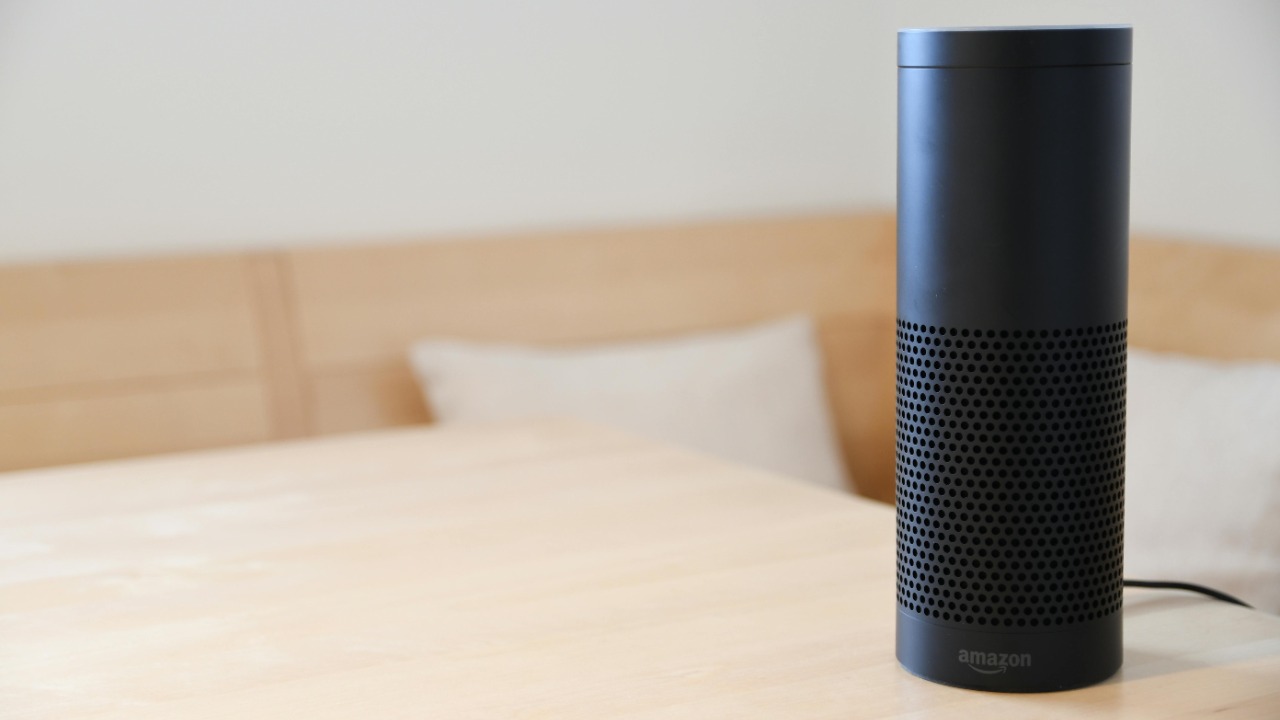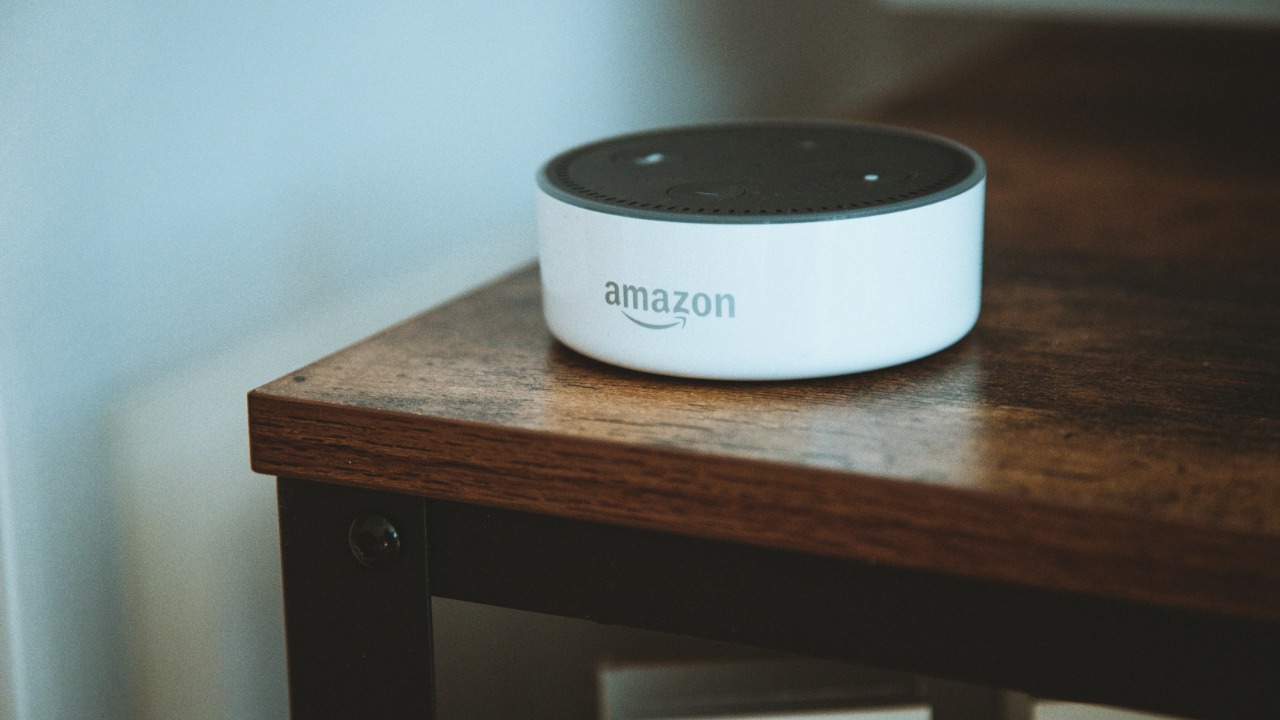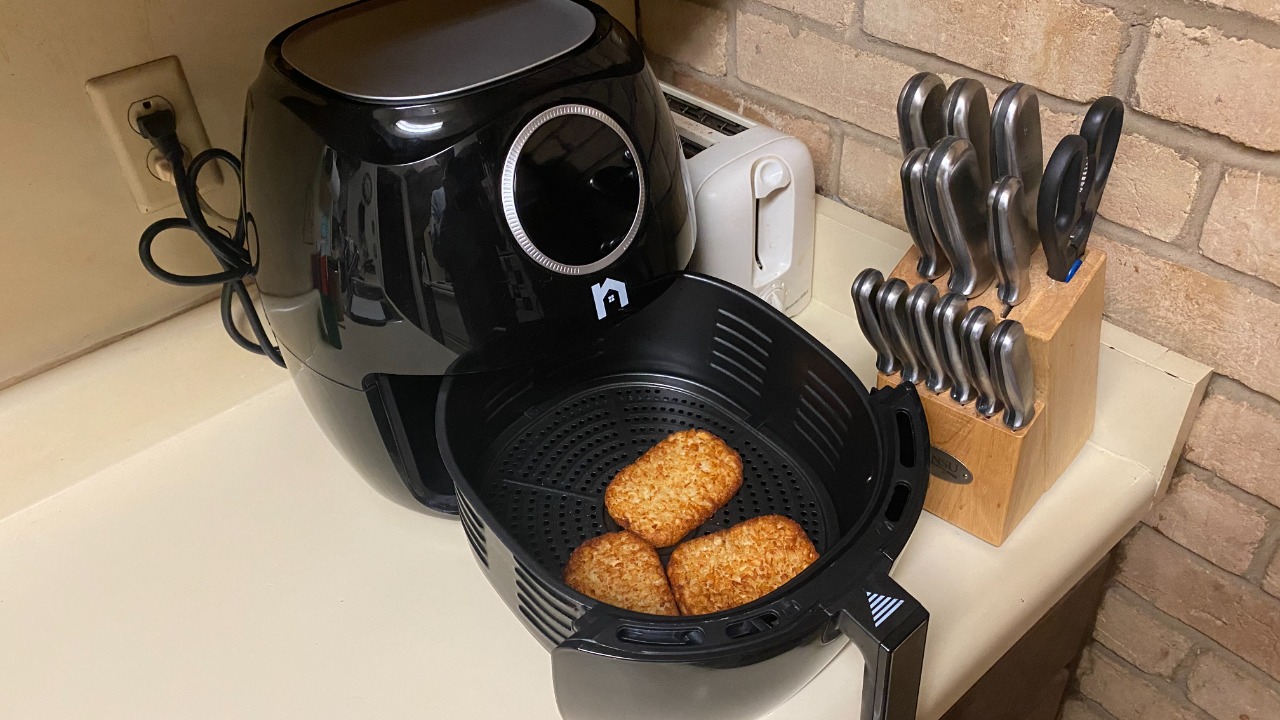As smart speakers gain popularity, concerns about data privacy and security are on the rise. The issue at hand is the clandestine transmission of recordings by these devices to servers, raising questions about the extent to which user privacy is compromised.
The Eavesdropping Nature of Smart Speakers

Smart speakers are designed to be always listening, waiting for activation phrases to spring into action. This constant vigilance, while convenient for users, has sparked controversy over potential infringements on user privacy. The devices’ ability to listen in on private conversations, even when not explicitly activated, is a cause for concern.
Studies, such as those referenced by the PIRG, have delved into this issue, revealing the extent to which these devices can potentially invade privacy. The findings have raised questions about the balance between convenience and privacy, and whether it’s possible to enjoy the benefits of smart speakers without sacrificing personal data.
Amazon’s Echo and the Data Processing Dilemma

Amazon’s Echo users were recently faced with a stark ultimatum: allow their data to be processed or stop using Alexa. This decision, as reported by CNET, has raised eyebrows and concerns about the extent to which tech giants are willing to go to gather user data.
The elimination of a secret feature in the U.S. Echo devices, as reported by pedirayudas.com, has further fueled these concerns. The reasons behind Amazon’s decision to make such drastic changes are not entirely clear, but it’s evident that the balance between user convenience and privacy is being tested.
Other Devices and Their Privacy Intrusions

It’s not just smart speakers that are under scrutiny. Other smart devices, like air fryers, have also been flagged for excessive surveillance. A piece by The Guardian highlights concerns about these devices sending data to servers, often without the user’s knowledge or consent.
This raises questions about the purposes for which this data is used and the implications for user privacy and data security. The increasing prevalence of smart devices in our homes means that more and more of our personal data is being collected and potentially used in ways we may not fully understand or agree with.
Innovation vs Privacy: Striking the Balance

The rapid pace of technological innovation often comes at the expense of privacy. As we embrace new technologies, we must also grapple with the potential risks they pose to our personal data. The question is, can we develop and use smart devices while maintaining user privacy?
Expert views on this matter vary, but there’s a growing consensus that better balance needs to be struck between innovation and privacy. Potential solutions include stricter regulations on data collection and use, as well as greater transparency from tech companies about how they use our data.
What Users Can Do to Protect Their Privacy

While the debate continues, there are practical steps users can take to protect their privacy. These include adjusting device settings to limit data collection, regularly reviewing and deleting stored data, and being mindful of the information shared with these devices.
Government regulations also play a crucial role in protecting user privacy. As reported by Ars Technica, regulations can help ensure that tech companies are held accountable for how they collect and use user data. However, it’s ultimately up to us, the users, to stay informed and take proactive steps to protect our privacy.